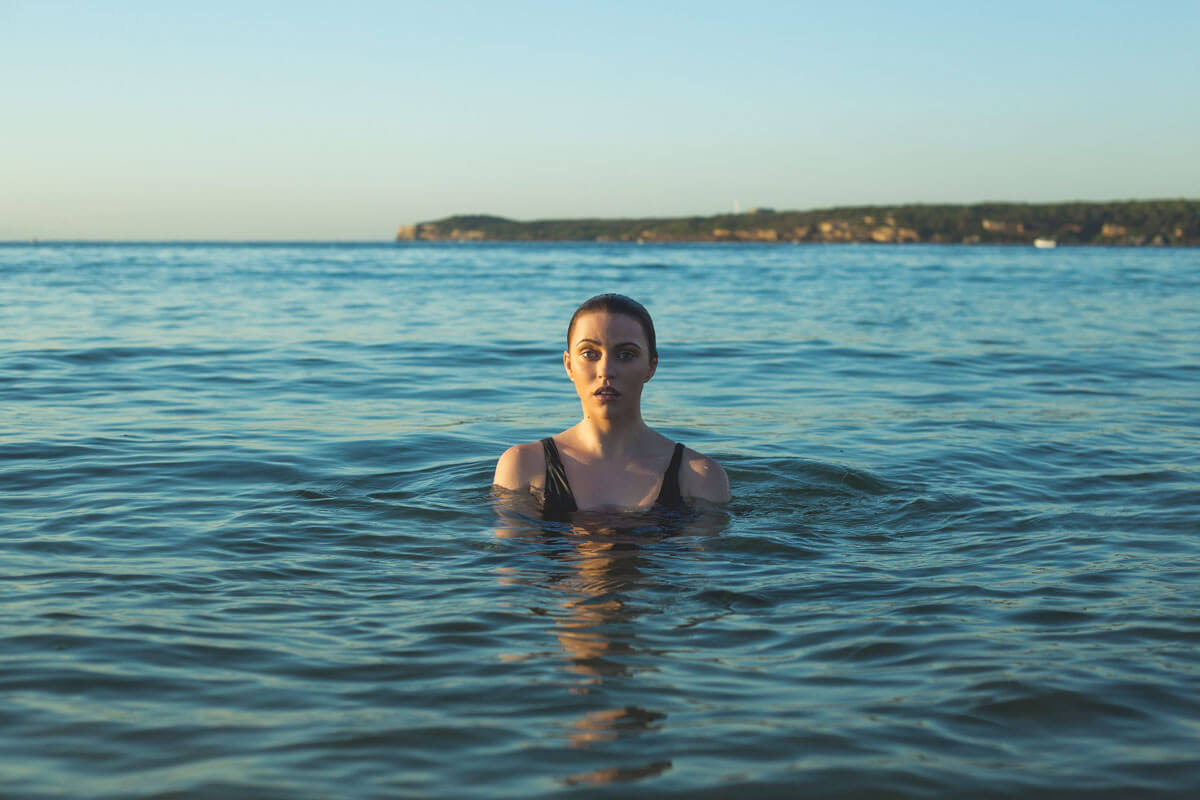Ocean swimming training tips for beginners
Ocean swimming can be a very enjoyable and rewarding sport if we choose to follow some basic training principles. An awareness of the ocean swimming training tips below will not only increase your individual fitness levels but also reduce the risk of injury and overtraining.
These factors will allow us to gain more satisfaction out of the sport whether we are competing at a social, recreational, semi-competitive or competitive level.
This information is based on a combination of sports science research and my own personal experiences.
Paul Lemmon’s 7 ocean swimming training tips for beginners
1. Warming up
It’s important to commence a training session with a proper warm-up. A warm-up increases the blood flow to the working muscles. This increases the body’s core temperature which will improve muscle performance.
More specific stretching exercises are optional depending on the individual’s needs and previous injuries after the warm-up so there is less risk of injury during the main part of the training session.
When the training is going to contain shorter, faster repetitions the warm-up should also contain some controlled speed work.
2. Listen to your body
Do not overdo each training session. In the long term, this can produce injuries and a lot of tiredness.
Mood changes, headaches, depression and difficulty in sleeping are four indications of too much training.
 3. Goal Setting
3. Goal Setting
Set yourself individual short and long term goals not only for ocean swim races you wish to participate in but also for training.
Follow your training schedule without having to push too hard.
Lead a balanced and healthy lifestyle, allowing for other commitments in your life like family, work and social.
Be realistic about the improvement you expect over a period of time and be aware of your limits to prevent too many disappointments.
4. Increase gradually
Increase the intensity and duration of your training program slowly each week.
Research has shown that your weekly distance should increase by no more than 10 percent.
Many injuries occur if you do too much, too fast, too soon.
5. Recovery
How you recover is crucial to ongoing success in sport.
After each training session eat high glycemic index (GI) foods within the first 30- 45 minutes as this is the optimal time for replenishing glycogen stores. High GI (quickly absorbed foods) include lollies such as jelly beans (handful), raisins, sports drinks (800mls) and muesli bars (3).
Ensure you are getting adequate sleep (between 8- 9 hours each night). If you have had a hard training session or ocean swim race on the day before, decrease the duration and intensity of the session on the following day.
Include at least one complete rest day (or two days if you feel you need it) each week in your training schedule.
6. Technique
Many ocean swimmers think that poor technique can be compensated for by an increase in weekly training distance and effort but this is not the case.
Technique sessions by swim coaches are never wasted. A knowledgeable observer or coach can help in recognising a faulty technique.
It is often worthwhile to join an adult or masters swim training squad so you can train under the guidance of skilled coaches. Attention to technique can help make big improvements, particularly if you are a novice ocean swimmer.
7. Skills
As well as training in the pool to improve your technique, it is important to swim in the ocean environment to get used to the variable conditions such as wave motion, sea temperature, tides, rrip currents, etc.
It is recommended that at least two of your training sessions are done in the ocean each week. You can also improve your surf and ocean swimming skills dramatically by training with someone who has expertise in ocean swimming or a group of experienced people who can give you regular feedback. See: OceanFit Swim School
The sport of ocean swimming means different things to different people, from finishing an event, gaining a certain place or winning. By following the above ocean swimming training tips we can maximise our enjoyment, healthy lifestyle and fitness in this great sport.



Responses